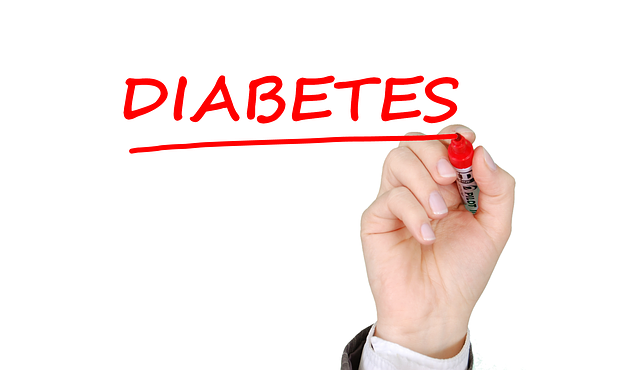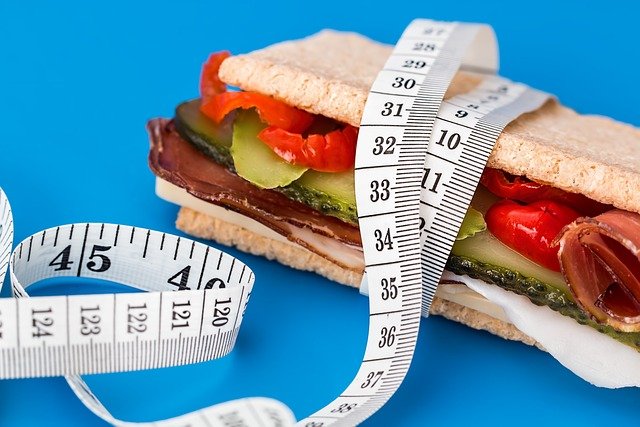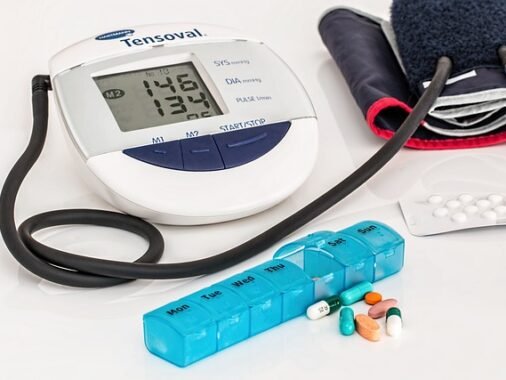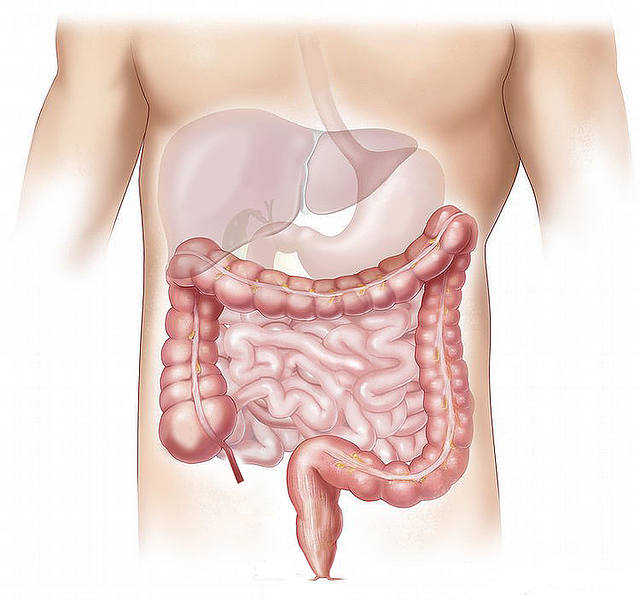Sertraline is a medication commonly used to treat depression, anxiety disorders, obsessive-compulsive disorder (OCD), post-traumatic stress disorder (PTSD), and panic disorder. It belongs to a class of drugs known as selective serotonin reuptake inhibitors (SSRIs), which work by increasing the levels of serotonin in the brain to help improve mood.
Key Points about Sertraline:
Mechanism of Action:
Increases Serotonin: Sertraline inhibits the reuptake of serotonin, a neurotransmitter, increasing its levels in the brain, which helps enhance mood and reduce symptoms of depression and anxiety.
Uses:
Depression: Helps alleviate symptoms of major depressive disorder.
Anxiety Disorders: Effective in treating generalized anxiety disorder, social anxiety disorder, and panic disorder.
Obsessive-Compulsive Disorder (OCD): Reduces the frequency and severity of obsessive thoughts and compulsive behaviors.
Post-Traumatic Stress Disorder (PTSD): Helps manage symptoms of PTSD, including flashbacks, nightmares, and severe anxiety.
Administration:
Dosage: Typically taken once daily, with or without food. The starting dose and any adjustments should be determined by a healthcare provider based on individual needs and response.
Forms: Available in tablet and liquid form.
Side Effects:
Common: Nausea, insomnia, dizziness, dry mouth, increased sweating, and sexual side effects.
Less Common: Diarrhea, fatigue, headache, weight changes, and blurred vision.
Rare but Serious: Serotonin syndrome (a potentially life-threatening condition caused by too much serotonin), suicidal thoughts, and severe allergic reactions.
Precautions:
Interactions: Can interact with other medications, including other antidepressants, blood thinners, and certain pain medications. Always inform your healthcare provider about all medications and supplements you are taking.
- Alcohol: Drinking alcohol while taking sertraline is generally not recommended, as it can increase the risk of side effects and worsen depression and anxiety.
- Pregnancy and Breastfeeding: Consult your healthcare provider if you are pregnant, planning to become pregnant, or breastfeeding.
- Withdrawal and Discontinuation:
- Tapering Off: Do not abruptly stop taking sertraline without consulting your healthcare provider, as this can lead to withdrawal symptoms such as dizziness, irritability, nausea, and sensory disturbances. A gradual reduction in dose is usually recommended.
- Effectiveness:
- Onset of Action: It may take several weeks (typically 4 to 6 weeks) to feel the full benefits of sertraline. Patients are advised to continue taking the medication as prescribed, even if they do not notice immediate improvements.
15 foods to avoid when taking sertraline
When taking sertraline, certain foods and substances can interact with the medication or exacerbate its side effects. Here are 15 foods and substances to avoid or consume with caution:
1. Alcohol
- Why Avoid: Alcohol can increase the sedative effects of sertraline, worsen depression and anxiety symptoms, and raise the risk of side effects like dizziness and drowsiness.
2. Caffeine
- Why Avoid: Excessive caffeine can increase anxiety and insomnia, which are also potential side effects of sertraline. It can also cause jitteriness and restlessness.
3. Grapefruit and Grapefruit Juice
- Why Avoid: Grapefruit can interfere with the enzymes that metabolize sertraline, leading to increased levels of the medication in the bloodstream and a higher risk of side effects.
4. Foods High in Tyramine
- Why Avoid: While more commonly associated with monoamine oxidase inhibitors (MAOIs), foods high in tyramine (e.g., aged cheeses, cured meats) can still interact with SSRIs and potentially lead to high blood pressure.
5. Processed Foods
- Why Avoid: Processed foods often contain high levels of sugar, unhealthy fats, and additives, which can negatively impact mood and overall health.
6. Sugary Foods and Drinks
- Why Avoid: High sugar intake can lead to blood sugar spikes and crashes, affecting mood and energy levels, and potentially worsening anxiety and depression symptoms.
7. Artificial Sweeteners
- Why Avoid: Some artificial sweeteners, like aspartame, can affect mood and potentially exacerbate anxiety and depression symptoms.
8. High-Fat Foods
- Why Avoid: High-fat meals can affect the absorption and metabolism of sertraline, potentially leading to increased side effects or reduced effectiveness of the medication.
9. St. John’s Wort
- Why Avoid: This herbal supplement can increase serotonin levels and lead to serotonin syndrome when taken with sertraline, a potentially life-threatening condition.
10. Certain Herbal Supplements
- Why Avoid: Supplements like ginkgo biloba, ginseng, and kava can interact with sertraline and exacerbate side effects or interfere with its effectiveness.
11. Aged Cheeses
- Why Avoid: Aged cheeses contain high levels of tyramine, which can interact with sertraline and potentially cause adverse effects.
12. Fermented Foods
- Why Avoid: Foods like sauerkraut, kimchi, and other fermented products can be high in tyramine and may interact with sertraline, increasing the risk of high blood pressure.
13. Cured and Processed Meats
- Why Avoid: These meats can contain high levels of tyramine and preservatives, which may interact with sertraline and affect overall health.
14. Soy Products
- Why Avoid: Fermented soy products like soy sauce, miso, and tempeh are high in tyramine and can interact with sertraline, potentially causing adverse effects.
15. Excessive Protein Shakes and Supplements
- Why Avoid: Some protein shakes and supplements can contain ingredients that may interact with sertraline or exacerbate side effects, particularly if they contain added stimulants or herbs.
Additional Tips:
- Balanced Diet: Focus on a balanced diet rich in fruits, vegetables, whole grains, lean proteins, and healthy fats.
- Hydration: Drink plenty of water to stay hydrated and support overall health.
- Regular Monitoring: Keep track of any dietary changes and discuss them with your healthcare provider to ensure they do not interfere with your medication.
By avoiding these foods and substances, you can help ensure the effectiveness of sertraline and reduce the risk of adverse interactions and side effects.
FAQs:
Sertraline can cause side effects such as nausea, insomnia, dizziness, dry mouth, and sexual dysfunction. In rare cases, it may lead to serotonin syndrome, increased suicidal thoughts in young adults, and withdrawal symptoms if discontinued abruptly.
Avoid alcohol, excessive caffeine, grapefruit, and high-tyramine foods such as aged cheeses and cured meats. These can interact with antidepressants, potentially increasing side effects or reducing effectiveness.
Avoid taking sertraline if you have a known allergy to it, are taking MAOIs, or have severe liver or kidney disease. Consult your doctor if you are pregnant, breastfeeding, or have a history of bipolar disorder or seizures.
Avoid St. John’s Wort, 5-HTP, and tryptophan, as they can increase serotonin levels and risk serotonin syndrome. Be cautious with supplements like ginkgo biloba, ginseng, and kava, which can interact with sertraline.
Take sertraline as prescribed by your doctor, usually once daily, with or without food. Avoid alcohol, inform your doctor of all medications and supplements you are taking, and do not abruptly stop taking it without consulting your healthcare provider.
Sertraline primarily affects the brain by increasing serotonin levels to help improve mood. It can also impact the liver, as it is metabolized there, so liver function should be monitored during treatment.
Sertraline is generally considered safe for the heart, but it can cause palpitations and, in rare cases, affect heart rhythm. People with pre-existing heart conditions should consult their doctor before starting sertraline.
Yes, you can eat bananas while taking sertraline. Bananas are generally safe and do not interact with the medication.






